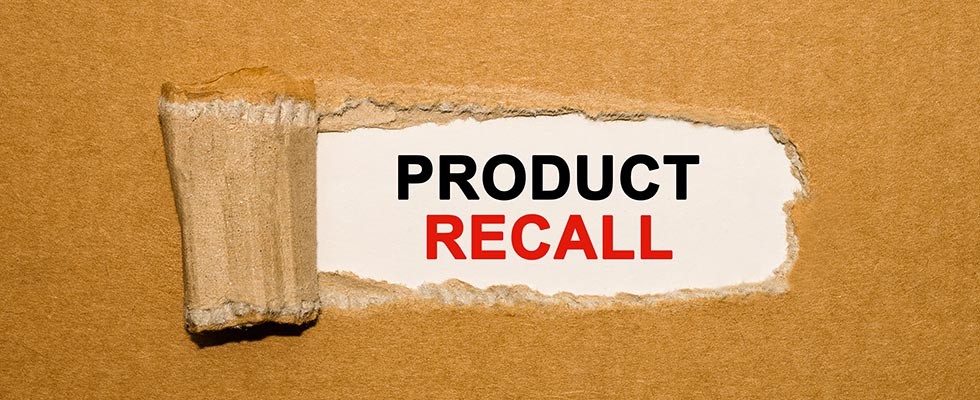
Sometimes no news is good news. When it comes to the recall and replacement of Philips Respironics’ devices, that may not be the case.
As the one-year mark since the first announcement in June 2021 that Philips Respironics was voluntarily recalling some of its PAP machines and ventilators nears, home medical equipment (HME) providers are still struggling to fulfill the needs of new and existing patients.
“I’d like to say there was a huge, big update,” said Cara Bachenheimer, head of the government affairs practice at Brown & Fortunato, who said at one point there was hope the repair and replace program could be completed this summer. “To be honest, there’s no great update. Philips is plodding though the process, it is a long process. … This is going to be a long slog; the newest estimate is by year-end things will be resolved.”
Communication Breakdown
Bachenheimer encouraged providers to check the Food and Drug Administration (FDA) website every few weeks for updates.
In March, the agency ordered the company to inform patients and others about the ongoing recall, saying “the company’s notification efforts to date have been inadequate.”
“The FDA has heard the frustration expressed by patients and durable medical equipment suppliers who are unaware of the recall and have received insufficient information on their next steps regarding the recall process,” said Jeff Shuren, director of the FDA’s Center for Devices and Radiological Health. “Taking this action … enables the FDA to mandate that Philips Respironics improve its communication about the recall.”
The order also directed the company to continue to warn patients about the risk of using ozone cleaners on the recalled machines on their main webpage. And it urged Philips to give users who register monthly updates with expected replacement times.
“Since the initiation of the recall, the FDA has engaged with Philips on several fronts about the effectiveness of its communications with the public regarding the recall,” the agency said.
Fill the Gap
Bachenheimer also said that if providers are selling devices that have temporary FDA approval due to the public health emergency (PHE), they should be in close communication with the manufacturer on their plans.
When the PHE ends—it has just been extended to July—manufacturers selling PAP devices with emergency authorization will have to determine whether to request full authorization. It’s not entirely clear how that will happen. Bachenheimer said the FDA issued two draft guidance documents for manufacturers in late December.
“There’s a lot of detail in these draft documents,” she said. It appears equipment manufacturers must either come into compliance or have a “reasonable plan” to do so.
“My understanding from the few companies that I know is that their intent is to get full compliance before the deadline,” she said. “But we’re not even sure how many devices there are out there.”
Providers have turned to those devices to satisfy customers who can’t get CPAPs through Philips or its biggest competitor, ResMed; supply chain issues have limited it from stepping in to completely fill the gap.
ResMed CEO Mick Farrell said there was “almost unlimited demand associated with the competitor recall” but that the “global supply chain environment remains very challenging.”
“We have established an allocation process with clear guiding principles that give priority to the production and delivery of devices to meet the needs of the highest acuity patients first,” Farrell said in ResMed’s second quarter earnings call. “In addition to component supply issues, the ongoing challenges of sea freight and air freight are impacting our ability to respond as rapidly as we would like to the demand for ResMed products.”
All that’s leaving HME providers—who are already struggling with increased costs, product surcharges and supply and shipping delays—to give bad news to patients either looking to replace their existing CPAP or starting new therapy.
“It’s a crisis out there,” said Tom Ryan, president and CEO of the American Association for Homecare. “It’s a concern. There are tens of thousands of newly diagnosed CPAP patients who may not be getting the treatment they need.”
Legal Actions
Meanwhile, billboards have popped up across the country with messages like “Philips CPAP Injury? Call Now!” and more than 100 lawsuits have been filed.
The threats aren’t just from users. Philips was hit by a potential class action suit in March by Philadelphia-area home medical equipment provider Baird Respiratory Therapy Inc, which said it and others are owed refunds for revenue lost by being unable to resell the machines.
“Plaintiff and members of the class have been damaged because they purchased recalled products that they are unable to resell,” the complaint said. “Plaintiff and members of the class did not receive the benefit of the bargain and suffered damages at the point of sale stemming from their overpayment for the recalled devices.”
Baird also alleged that Philips delayed its recall, according to the complaint.
“As a result of user reports, Philips was aware of the degradation of the PE-PUR sound abatement foam used in the recalled devices yet continued to manufacture and sell the recalled devices to plaintiff and other DME [durable medical equipment] suppliers with such awareness for a significant period of time,” the complaint said. “During this period, Philips unreasonably and unjustly profited.”
Baird said that even though Philips announced a repair and replace program for CPAP and BiPAP users, it has done nothing to compensate the medical device suppliers who sold them to patients.
This article appeared in our May print issue. Find a recent update here.
Hannah Wolfson is editor of HomeCare magazine.
